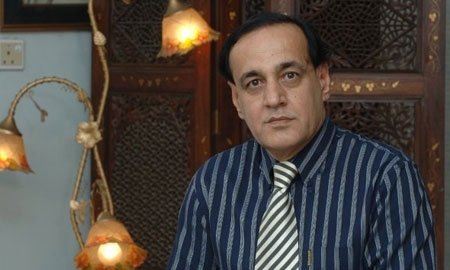Exclusionary oratory is not good. For democracy to be sustainable, democracy should allow every citizen to participate in political processes and represent their interests and concerns. Democracy is dependent on the participation and representation of all citizens in democratic institutions and processes. These institutions and processes include election management bodies and elections, constitutional bodies, and constitution-building processes, political parties, and parliaments. Underpinning all this is political inclusion. This is the idea that every citizen regardless of class, age, gender, sexual orientation, ability, group, culture, and ethnic or religious background should have an equal right and opportunity to engage with and contribute to the functioning of the institutions and processes. Working to achieve political inclusion is fraught with challenges. Foremost amongst these is the increasing difficulty by which the needs and aspirations of citizens can connect with accountable and representative political institutions. Democratic institutions and processes are often mistrusted. Some citizens, meanwhile, are not interested in voting or joining a political party. This is because they see no difference in who is in power. They think their voices will not matter or have an influence on how political institutions will act. Inequality of opportunity persists. Policy discussions do not include all citizens in society and many feel marginalized. For example, women constituting a considerable percentage of the population suffer from underrepresentation as voters, political leaders, and elected officials. Democracy cannot truly deliver for all of its citizens if a substantial portion of the population remains excluded from the political arena. Finally, in some cases, access to political institutions is not available or even feasible because of the non-implementation of the frameworks or modalities for inclusive citizen involvement and engagement. While advocating for political inclusion for sustainable democracy is not easy, there are ways by which we as citizens can do our part. This can begin by just being aware of the challenges. This then allows you to give space for all voices included in your day-to-day activities. Every action counts. Your action matters. A government that citizens can trust that ensures the hearing of the voices of its citizens, whose priorities reflect its citizens’ aspirations, such a government is the bedrock of any nation. Yet far too many governments fall short of this goal. Let us support the development of a democratic system in which government institutions are more capable, parliament is more accountable, and the state is more responsive to citizens’ needs and aspirations. In previous years, an identity-based, rhetoric-driven form of politics had dominated Pakistan’s democratic discourse. Let us help move the conversation toward issue-based and citizen-centric proposals, culminating in political parties taking a more policy-driven approach, as manifested in policies covering education, environment and climate change, and youth and employment. The more policy-based debate should continue now at the national and provincial levels. Political parties have become more engaged in formulating ideas around the socioeconomic challenges faced by citizens, leading to evidence-led policy research in areas such as the social contract, women’s empowerment, and environmental challenges, thus translating citizens’ needs and aspirations into party politics. A robust democracy depends on the equal and active participation of all. We should empower, and amplify the voices of underserved communities, and integrate them into political and civic life. In so doing, let us support sustainable, inclusive democratic development. Let us apply an inclusion lens to all programs, from start to finish, achieving two interconnected objectives, increasing the political participation, leadership, and representation of marginalized groups in decision-making bodies and processes; and strengthening efforts by fresh, non-traditional, and local actors to work toward inclusive and sustainable reform. To realize these aims, list marginalized communities and craft involvement with these groups as the primary beneficiaries.








